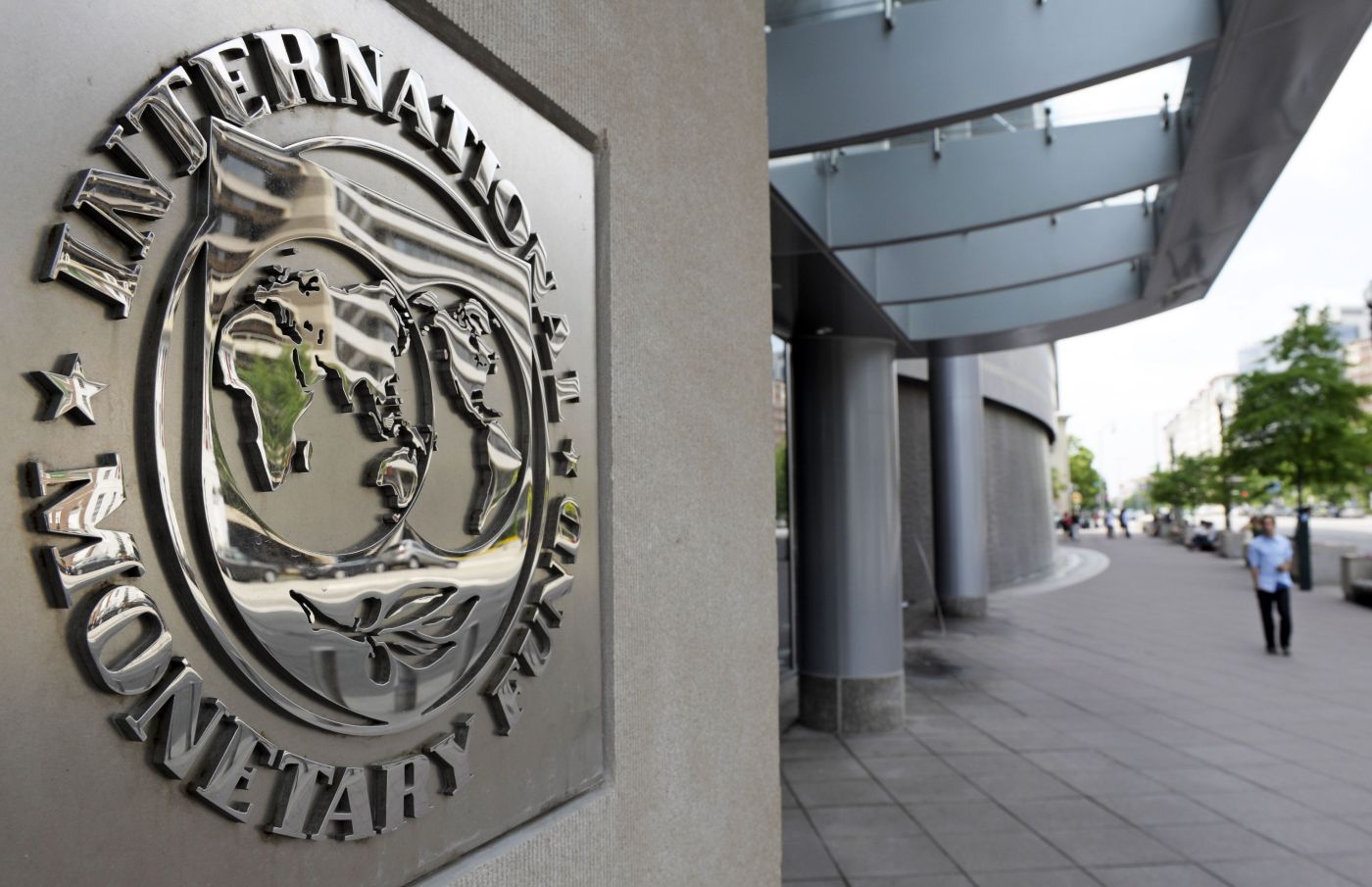While the International Monetary Fund (IMF) attempts to achieve financial stability to promote growth and alleviate poverty, outcomes may backfire causing financial burdens. Egypt launched an economic reform program last November as part of its deal with the IMF; however, financial burdens increased, poverty spread even more and the miscalculation of the fair value of the Egyptian pound has only made the situation worse.
In the article ‘Are the reforms paying back?’ Omar El-Shenety questions the implications of the monetary policy and how it puts huge burdens on the budget.
“The burden on the budget due to monetary moves since the application of the IMF program and assuming no increase in interest rates or increases in the dollar exchange rate is around EGP 125-135 billion on an annual basis, while the savings in the budget due to the fiscal austerity program are around EGP 115-130 billion, including the upcoming increase in electricity prices and assuming no further increases in international oil prices. As a result, technically we have not really started saving yet, and more aggressive cuts need to be on the way to get the budget under control. With this in mind, it is critical to question the implications of the monetary policy moves that have put a huge burden on the budget and the coordination between monetary and fiscal policy-making at such a critical time. If the results of the monetary policy moves have been realistically forecast, it would probably have been better not to embark on the reform program on the basis of such a self-defeating model,” says El-Shenety.
This was written before the 2 percent increase in interest rates. So, the burden on the budget is closer to EGP 175-205 billion.
So basically, the IMF reform program has accomplished the opposite of its goal. The Egyptian government has gotten poorer. The purpose of the program was to alleviate the financial burden on the government by removing the subsidies and making the Egyptian people pay the real value of gasoline, electricity, and other goods. Even though, the prices of these products have increased, the government has actually increased the subsidies on these goods (in EGP terms). In addition, the government has taken on massive amounts of debt. Also, the people have taken a massive hit to their income in the form of more expensive goods and higher taxes.
So what went wrong? The whole program was built on a flawed assumption. The program was built on the assumption that the fair value of the USD is between EGP 12 and 14. I cannot stress how obvious this assumption was wrong. Most people were assuming that the fair value of the EGP before the floatation had to be somewhere in between the bank rate, at the time was EGP 8.88, and the black market rate, which was very volatile. My point of view was that the fair value had to be above the the black market rate. My reasoning was simple. If the black market rate for the USD was EGP 15 and the official rate was EGP 8.88, then essentially the central bank is subsidizing the value of the EGP. If the central bank were to stop pumping USD at 8.88 EGP, then the real market value of the USD would have to go up. The central bank had created a parallel market, although with limited quantities, where they were selling USD at a rate that was much lower than the fair rate. The few lucky people who had access to the bank rates were buying USD at EGP 8.88. The rest of the people were resorting to the black market to get USD at 15 per EGP. Now if the central bank floats the EGP, no one will have access to USD at the rage of EGP 8.88. The result will be that the USD price has to increase above EGP 15. This is exactly what happened.
The next question we need to ask is, is it possible for the IMF program to succeed even though it was built on a wrong assumption? The answer to this question is much more difficult. If the government continues down the same path of removing subsidies and increasing interest rates, then the IMF program will fail. Every one percent increase in interest rates burdens the government with an extra EGP 25-30 billion of debt. So if every increase in gas prices is followed by an increase in interest rates, then we are accomplishing the opposite of the IMF goals. The only way I see to getting out of this mess is to stop increasing interest rates and hope that inflation doesn’t get out of control. There is no indication that not increasing interest rates will result in higher inflation. Egypt’s high inflation rates aren’t due to growth and an increase in demand. The high inflation numbers are due to a one-time shock of the devaluation of the pound and due to increases in the prices of gasoline and electricity.
If we continue down this self-defeating cycle, then the price of the USD will increase and the result will be that the gasoline and electricity subsidies will increase again. The government will respond by increasing their prices followed by an increase in interest rates. The cycle will go on. Meanwhile, both the government and the Egyptian people will get poorer.
I do not blame the government or the central bank because at this point they are following the stringent conditions set forth by the IMF. I do, however, blame the IMF for the mess we are in. It is time for the IMF to wake up and realize that textbook solutions aren’t always the best solutions. Sometimes, we have to look at the underlying symptoms before we prescribe the correct antidote.
The IMF should stop pushing the Central Bank to increase interest rates. Rather they should be pushing for lower interest rates, which will encourage Egyptian and foreign investors to start making long term investments in the form of much needed factories. The production from these factories will replace the imported products that are no longer affordable to Egyptians due to the devaluation of the EGP. This will also help create jobs to accommodate the many youth who enter the workforce each year. The IMF should also be helping Egypt develop good programs to fill the void created by the removal of the subsidies. Egypt should be focusing on improving public transportation, healthcare, and education.








Comments (5)
[…] The Ramifications of the IMF Reform Program in Egypt […]
[…] Link […]